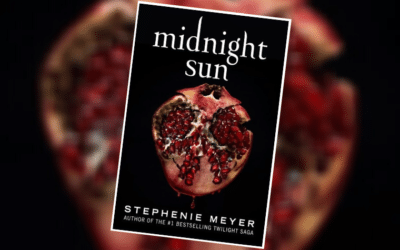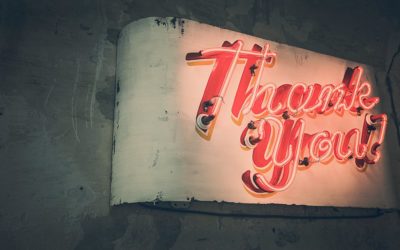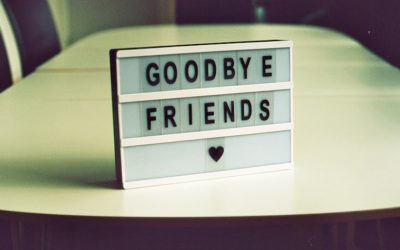
In “The Triangle,” museum visitors were told that in any situation involving persecution of others, there are four roles: the victim, the perpetrator, the rescuer, and the bystander. Of those four roles, the only one not of free will is victim. Visitors selected one of the remaining three roles: perpetrator, rescuer, and bystander.
I questioned my students not about what role they would choose but about which role received the most votes, the second most votes and the least most votes and why. Every year, it was the same answer:
“The rescuer because that is the right thing to do.”
Unfortunately, the results revealed a startling truth about humanity: more than 80% of those surveyed selected bystanders, less than 10% selected perpetrators, and less than 5% selected rescuers.
I would conclude my lesson with a conversation about why people would make the decision to allow abuse and persecution to happen. Many of my students believed that fear of failing, becoming a victim themselves, or no one believing them if they did act weighed heavy on them.
I was reminded of this lesson and the subsequent conversation this week when news broke about Kevin Spacey’s attempted sexual assault of then 14 year old Anthony Rapp, Jeremy Piven’s sexual “misconduct” on the set of Entourage, and NPR’s News Chief Mike Oreskes’ sexual harassment. Even Wiesel himself is the speculation of sexual assault.
While I applaud these men and women and their bravery of coming forward and exposing horrific and abusive behavior, it pains me that these people have to come forward in the first place. That it’s now a reoccurring story on our Twitter feeds and nightly news. However what further angers me is the fact that many of these stories have a common thread that connects them: There were people who knew and did nothing.
In the real life triangle, these people selected bystander.
And while it is easy to become upset about people like Ben Affleck turning a blind eye from Harvey Weinstein and his sexual assaults, I would be naive to think that the bystander role is a rare or even one-time occurrence.
Albert Eienstein once said:
“The world is a dangerous place to live; not because of the people who are evil, but because of the people who don’t do anything about it.”
Although I am not excusing the heinous actions and behavior of the Harvey Weinsteins and Kevin Spaceys of this world, those who knowingly turn a blind eye are not and should not be exonerated from blame. The silence, the blind eyes, the head turns all allow persecution, abuse, maltreatment to persist in our world.
Dear Bystander,
Remember when you were a kid, and someone taught you that if you’re being bullied, the best thing you could do was to walk away and ignore it? How did that work for you? I bet it really didn’t. In fact, I bet it continued, most likely became worse to the point that it made something – school, home, church, wherever – unbearable.
Ignoring something in the hopes it will stop or even go away has never and will never work.

Silence doesn’t allow the bully, the perpetrator, the abuser, or even the rapist to stop and think about what they are doing. It motivates them to continue. No one is holding them accountable for their actions, so why not continue to exert power over and prey on others?

There’s already a heavy burden on victims’ shoulders. They have been the unwilling subject of abuse – no matter the type or situation. For us who are privy to the situation, by waiting for them to make the first move or lead the way places a greater weight on already fragile shoulders.

Yes, fear is a powerful weapon and it causes us to be immobile. We fear not succeeding. We fear retribution. We fear of becoming the next victim. But the fear that we could have done something and chose to do nothing should overtrump all other fears.
Atticus Finch said it best,
“… before I can live with other folks I’ve got to live with myself. The one thing that doesn’t abide by majority rule is a person’s conscience.”
So how do we stop being bystanders? How do we break that vicious triangle?
The obvious answer is support, but support comes in so many ways: Listen to that person when they need to speak. Sometimes the first thing people need is just someone to listen to them.
Encourage them to find her or his voice to speak out, but do not force them. There is no timeline or schedule.
Be their voice when they cannot.

No matter the severity of the abuse, we owe it to the victims, to children, and to ourselves to fight back and fight for others. It is through our actions, not our inactions, that will not only help the victim, but will be an example for others of what to do rather than not what to do. Be the rescuer, the confidant, the counselor, the voice.
And if all else fails, be Carrie Fisher, who’s friend, screenwriter Heather Robinson was sexually assaulted by a Hollywood producer. According to Robinson, Fisher took it upon herself to personally deliver a message wrapped in a Tiffany’s box to the asshole:
“It was a cow tongue from Jerry’s Famous Deli with a note that said: ‘If you ever touch my darling Heather or any other woman again, the next delivery will be something of yours in a much smaller box.'”

Why be a bystander when you can be Princess Leia?




